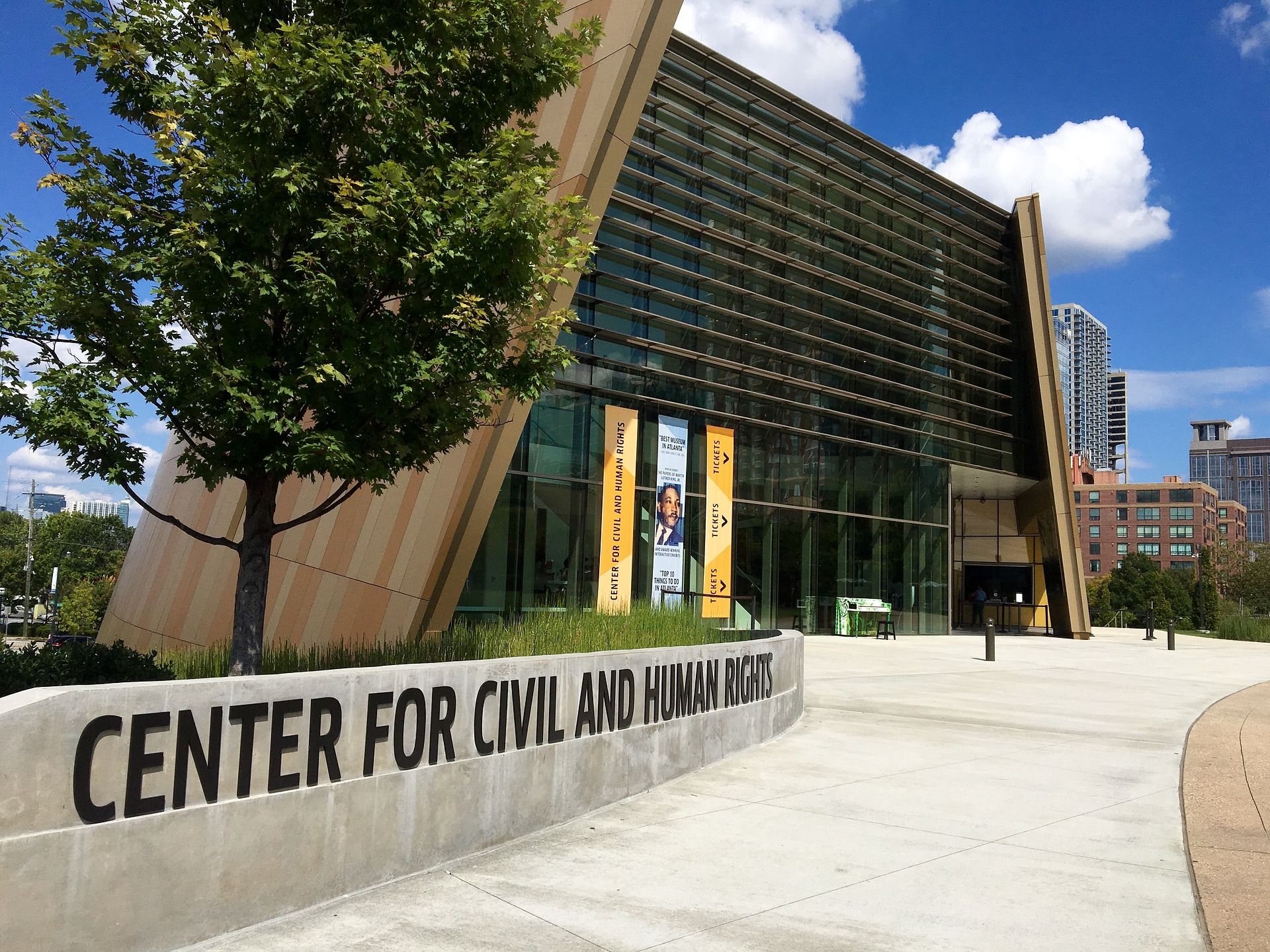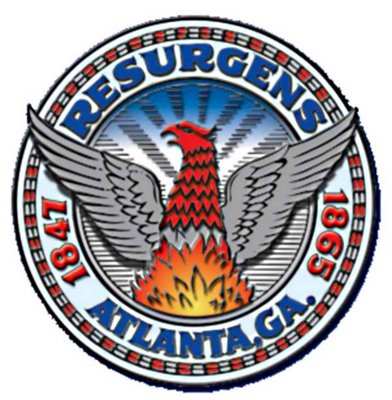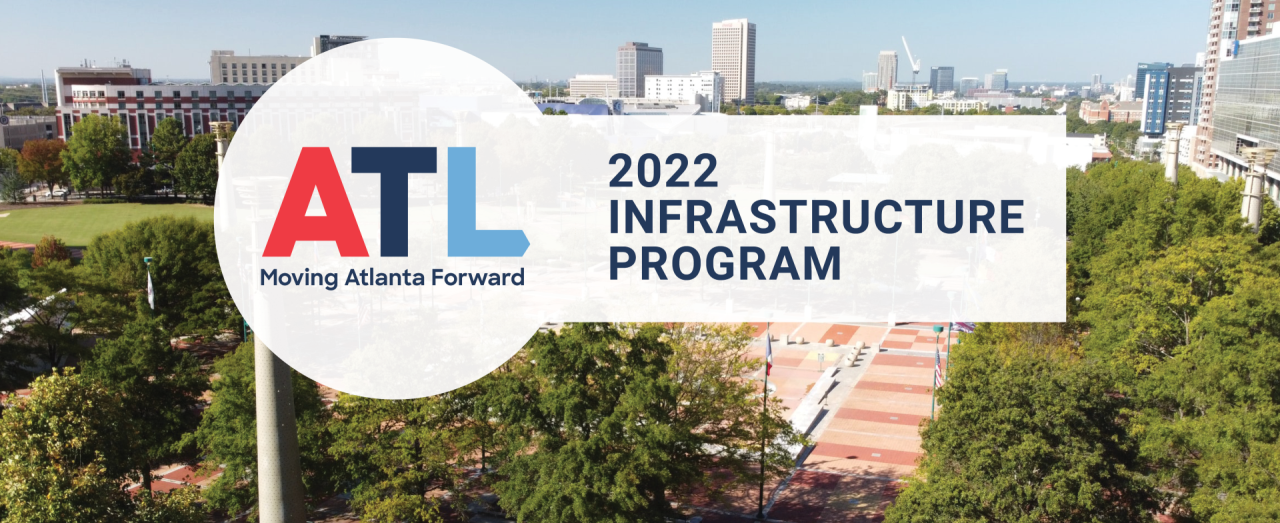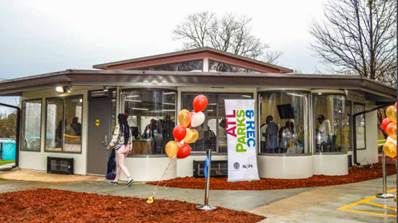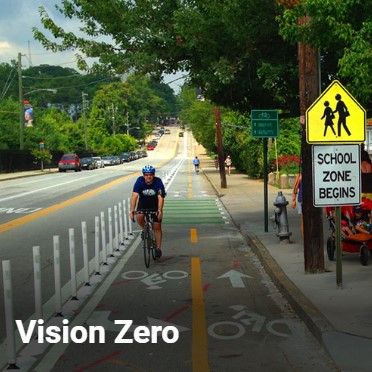Learn about our environmental, social, and governance initiatives, and how we bring those values to life.
Get Issuer Alerts
Add this issuer to your watchlist to get alerts about important updates.
Learn about our environmental, social, and governance initiatives, and how we bring those values to life.
About Our Program
- 100% Clean Energy by
- 2035
Hartsfield-Jackson Atlanta International Airport
For more information, please check out Hartsfield-Jackson Atlanta International Airport’s investor relations and sustainability sites.
Environmental, Social, Governance and Prosperity
2023 ESG+P Report. The City has maintained a long-standing strategic focus on ESG criteria at the Airport. In July 2023, the City released its third Environmental, Social, Governance and Prosperity Report (the “2023 ESG+P Report”), which highlights the priorities, performance, risks, and opportunities at the Airport across the ESG+P criteria briefly summarized below. The 2023 ESG+P Report is available on the Department of Aviation’s website.
Environmental. The 2023 ESG+P Report provides a description of the Airport’s progress on the Sustainable Management Plan, and its goals to reduce energy and water consumption, reduce greenhouse gases, and divert waste from landfills. In addition, the City has set a goal for the Airport to achieve net zero carbon emissions by 2050.
Social. The City’s operation of the Airport has contributed to social connectedness for decades, facilitating travel for personal and professional reasons, and prioritizing passenger safety, health, and positive experiences. The Airport is also dedicated to providing a supportive and enriching environment for employees and the surrounding community. The 2023 ESG+P Report describes the Airport’s initiatives to enhance employee benefits, professional development, service quality and accessibility, and community engagement, ensuring that ATL’s growth includes everyone.
Governance. The Airport is owned and operated by the City through a stable and responsive governance structure. The Airport General Manager is a member of the Mayor’s cabinet and is accountable to the public. The Airport is also regulated by the federal government and subject to applicable State law, which provides for transparency intended to foster confidence in government. Risk is investigated and mitigated based on data and facts, and crisis management and resilience are a focus of the leadership of both the City and the Department of Aviation. The Department of Aviation integrates sustainability into every infrastructure and facilities project through comprehensive Planning and Development Sustainability Standards, and utilizes asset and data management to maintain efficient operations.
Prosperity. The City added Prosperity criteria to highlight the Airport’s significant role as an economic engine for the region and the State. This section of the 2023 ESG+P Report documents the Airport’s expansive capital improvement program, its commitment to increasing business diversity, providing a living wage, and promoting innovation.
Office of Sustainability and Resilience
In the last decade, the City of Atlanta has established itself as a model for sustainability and resilience through its programs, policies, and partnerships that advance environmental justice through green workforce opportunities, community health, and climate resilient and sustainable communities. The Mayor’s Office of Sustainability and Resilience (the “Office”) is responsible for developing and leading implementation of the City’s sustainability plans, goals, policies, and programs. The City’s current sustainability goals include transitioning Atlanta to 100% clean energy community-wide by 2035, reducing greenhouse gas emissions by 40% by 2030, ensuring 100% of residents have fresh food access within walking distance (.5 miles) by the end of 2030, amongst others. The Office is also responsible for creating the City’s comprehensive sustainability and climate resilience plan in partnership with its community-led Clean Energy Advisory Board, creating the first comprehensive food systems plan, creating a sustainable procurement strategy, as well as supporting the City to capture, utilize, and leverage federal resources from the American Rescue Plan Act, the Infrastructure Investment and Jobs Act, and especially the historic climate legislation – the Inflation Reduction Act. City Council has adopted a Justice40 Oversight Commission and the Office will prioritize alignment with the Justice40 Initiative to advance equitable, sustainable, and resilient programs, policies, and infrastructure. By aligning the issuance of the City’s General Obligation Public Improvement Bonds, Series 2022A-1 (Social Bonds) (the “Series 2022A-1 Social Bonds”) to support projects and attract social good investments that help advance the UN’s Sustainable Development Goals, equitable access to services, climate action, sustainability, resilience, and biodiversity, the City is continuing to build on its long-standing strategic focus on environmental, social, and governance criteria.
Environmental
Clean Energy Atlanta Plan: The City Council passed Resolution No. 18-R-3783, adopting the Clean Energy Atlanta Plan to transition the City of Atlanta to 100% clean energy by 2035, adding interim targets of 10% by 2020, 30% by 2025, and 50% by 2030. The City’s 100% clean energy plan provides benefits communitywide, creating local jobs, reducing electricity bills, providing public health savings, reducing greenhouse gas emissions, and increasing gross regional product. The Office worked in partnership with City departments and external community stakeholders to develop a plan to transition the city to “100% clean energy for 100% of the people” that prioritizes affordable and equitable access to clean energy through ownership and benefits to new opportunities for historically marginalized communities. The City is committed to making the investment in this goal for its municipal operations and established a community-led Clean Energy Advisory Board to encourage and facilitate local community participation in helping Atlanta achieve a 100% clean energy future.
2017 Atlanta Resilience Strategy: Resilient Atlanta is an actionable set of visions, targets, and actions that addresses the region’s most pressing stresses and seeks to build capacity among residents and city systems alike to better withstand future shocks. The Strategy is organized into four leading visions which reflect residents’ and stakeholders’ aspirations for Atlanta’s future. The collaborative set targets supported by actions that detail specific programs and policies to realize each vision. The visions include:
- Preserve and Celebrate Who We Are: With these Actions, Atlanta can become a national leader in addressing structural racism while at the same time commemorating our rich cultural assets and hard-won reputation as the “City too busy to hate.”
- Enable All Atlantans to Prosper: We envision a city in which all Atlantans have equal and equitable access to the resources, education, livable wages, and beyond-income-earning opportunities that will prepare them for success.
- Build Our Future City Today: Facilitate the development of an equitable and inclusive city while preserving and expanding Atlanta’s natural environment. We envision a region that enhances transportation options, supports economic mobility, and improves the quality of life for all Atlantans.
- Design Our Systems to Reflect Our Values: Adapt Atlanta’s civic systems to enable the City to become a leader in equity, sustainability, and resilience.
2015 Climate Action Plan: The City of Atlanta recognizes the risk that climate change poses to its citizens and is acting now to reduce the greenhouse gas (GHG) emissions, or “carbon footprint”, of both its government operations and the community at large through the innovative programs laid out in Atlanta’s Climate Action Plan, which commits Atlanta to decreasing its greenhouse gas emissions by 20% by 2020 and 40% by 2040. This Climate Action Plan takes advantage of common-sense approaches and cutting-edge policies that our local government is uniquely positioned to implement – actions that can reduce energy use and waste, create local jobs, improve air quality, preserve our local landscape and history, and in many other ways benefit the City of Atlanta for years to come. The Office will be updating its climate action plan in 2023.
Social Bond Framework
The City of Atlanta prepared its Social Bond Framework (the “Framework”) to document certain processes and commitments relating to the issuance of the City’s General Obligation Public Improvement Bonds, Series 2022A-1 (Social Bonds) (the “Series 2022A-1 Social Bonds”). The City believes that the “Social Bond” designation of the Series 2022A-1 Social Bonds is aligned with the generally accepted Social Bond Principles: Voluntary Process Guidelines for Issuing Social Bonds June 2021 (with June 2022 Appendix 1), which are published by the International Capital Market Association. The City issued the Series 2022A-1 Social Bonds to fund a portion of the Moving Atlanta Forward: 2022 Infrastructure Program.
The net proceeds of the Series 2022A-1 Social Bonds are expected to be used for the purpose of (a) providing funds to pay, or to be applied or contributed toward, all or a portion of the cost of (i) the construction, reconstruction, renovation, repair, improvement, critical capital maintenance and equipping of public safety fire facilities, buildings and equipment for use by fire and rescue and emergency medical services (EMS) departments, and parks and recreational facilities, including, but not limited to recreational, aquatic and greenhouse facilities, and related public improvements and the cost of compliance with the Americans with Disabilities Act of 1990 for such facilities and improvements and (ii) the acquisition, construction, reconstruction, renovation, repair, planning, design, improvement, critical capital maintenance and equipping of roads, sidewalks, pathways, trails and related transportation, park and playground improvements, including, but not limited to, public sidewalks, traffic control infrastructure and equipment, curbing, bridges, viaducts, greenway systems, playgrounds, pools, trails, paths, bicycle and transit lanes, and safety lighting and the cost of compliance with the Americans with Disabilities Act of 1990 for such facilities and improvements.
The Framework defines the social eligibility criteria of these projects in three overarching categories:
- Socio-economic Advancement and Empowerment
- Affordable Basic Infrastructure, and
- Access to Essential Services
The City engaged Sustainalytics to review the Framework and provide a second-party opinion on the Framework’s social credentials and its alignment with the Social Bond Principles. Sustainalytics also concluded that the use of the proceeds of the Series 2022A-1 Social Bonds are expected to contribute to the United Nations Sustainable Development Goals adopted by the United Nations General Assembly in September 2015, specifically “Goal 10: Reduced Inequalities” and "Goal 11: Sustainable Cities and Communities”.
This Framework is solely related to the Series 2022A-1 Social Bonds.
Image Gallery




